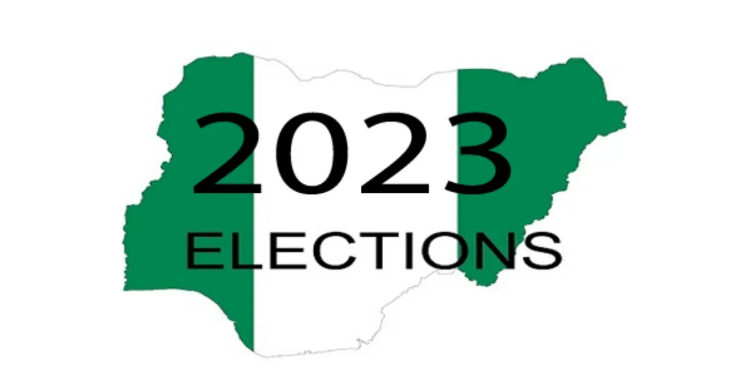The recently concluded general election left behind trails of diverse hues. While winners emerged as was expected in such a contest, those that lost are crying foul on their way to the court. The Independent National Electoral Commission (INEC), on its part, claimed to have experienced glitches on its technology apparatuses during the presidential and National Assembly elections which, in the view of a cross section of Nigerians, almost called to question the integrity of the entire exercise.
However, several factors come into play when considering the success or otherwise of an electoral process especially where violence leading to loss of lives and destruction of properties were experienced. The 2023 electoral outing, with its fair share of such untoward behaviour of few instances of voter suppression and intimidation, recorded average acceptability.
In previous election cycles, the high command of security forces, was courageous enough to admit that fake personnel alleged to have been sponsored by politically-exposed persons, infiltrated their ranks. But in the conduct of this general election, even with the ongoing internal security operations in parts of the country, the armed forces demonstrated commendable neutrality that enabled it to deliver on its mandate.
The implication of this show of professionalism, in the opinion of this newspaper, is not lost on keen observers, particularly in the wake of military involvement in the democratic process elsewhere in West African countries.
By the demands of their constitutional roles, it deserves to be understood that security agencies exist to ensure law and order during elections. Section 271 of the 1999 constitution is clear on this especially as the Police is involved. But the military, this time round, ensured a cohesive rule of engagement for its arm of the security agencies before, during and after the elections.
The deployment of adequate security personnel across the country in areas prone to violence and by adopting kinetic and non-kinetic approaches, the Army, Navy and Airforce coordinated operations, providing the needed support to the Nigerian Police and other para-military agencies.
The postulation by some observers that the security agencies didn’t act expeditiously to prevent electoral violence in some areas may be correct in the context of the politically charged atmosphere which demanded utmost restraint in the face of obvious provocation. Overall, in our assessment, the election can be termed reasonably acceptable in the annals of the nation’s democratic experiment.
Involving the military in election duties is often influenced by several overriding principles prominent among which is the subordination of the military to democratic civilian authority. It is also believed that the institution can be relied upon on matters that relate to allegiance to the state and a commitment to political neutrality as well as ethical institutional culture. These principles, as enshrined in professional values distinguish the actions of a professional soldier based on attributes such as discipline, integrity, honour, commitment, service, sacrifice, and duty from what is expected of a non-soldier under such circumstances. Such values thrive in an organisation with a purposeful mission, clear lines of authority, accountability, and protocol.
It is pertinent to point out that democracy and its development is a turbulent process that certain actors can exploit to create temporary domestic instability. Without the military’s steadfast support for neutrality vis-à-vis a democratic sovereign authority, self-correction and consolidation will be difficult.
This becomes imperative with the democratic civilian control of the military and the expected allegiance of the institution to the nation. Similarly, an ethical culture is a prerequisite for building a professional military especially in a democratic setting. This entails values such as merit-based promotion, accountability of military leaders and soldiers for their actions, and demonstrating competent, impartial, and humane security enforcement.
Many an analyst would want to commend the Nigerian military’s leadership for a job well done in preserving the nation’s democracy since it was reinstated in 1999. It is a point that deserves to be noted that in spite of all odds, the soldiers have remained within their professional confines resisting the temptation to be dragged, yet again, into the murky waters of politics which almost destroyed its professional status while they were on it.
Comparatively, it is the opinion of this newspaper that, after all said, and as a departure from past exercises, the security agencies, this time round, acquitted themselves reasonably creditably within the limits allowable by the eccentricities of the political class. Also, and without taking anything away from the high command under the Chief of Defence Staff, the service chiefs and the police who set the rules of engagement and saw to it that they were effectively implemented, this medium believes that a lot of lessons were learnt from past mistakes for which the nation is grateful in the hope that their involvement in future exercises can only be an improvement.



